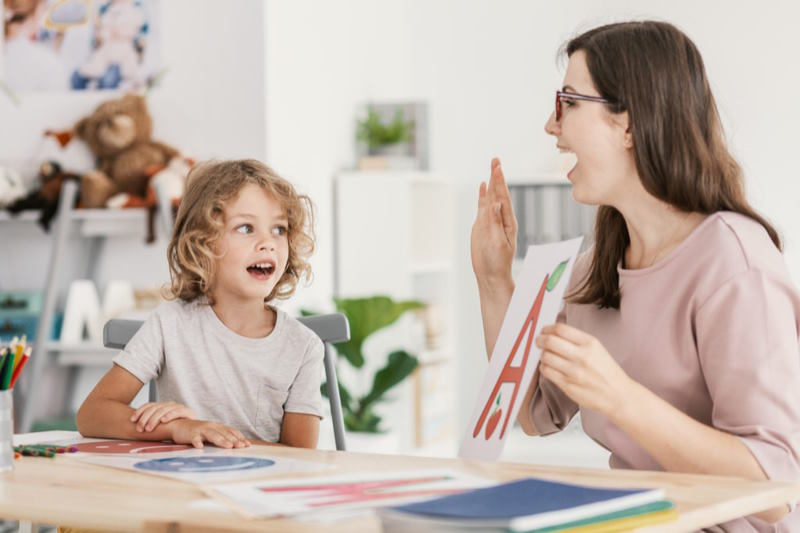Toys That Speech Pathology Experts Recommend For Speech Delayed Children
One key resource that is used in the field of speech pathology that speech therapists use is toys. We all know that toys play a crucial role in the development of all children, and such is their impact on us, that even as adults we retain that love of playing. As for how toys can help children in speech therapy, many ways exist as to how it can be achieved, but some caveats should be observed.
Now, you might be thinking surely all toys are great for children, and assuming they are safe then that is a reasonable point. However, when it comes to speech pathology and helping children who have speech and language difficulties, more thought is required concerning what toys are used. Outlined below are some examples which have been given by speech pathologists of how and what toys should and should not be used.
‘Open Ended’ Toys: Open-ended toys are those which are timeless in the sense that they have no definitive beginning or end. One example would be building blocks which can be used in any way that the child wishes versus a jigsaw which has a defined end when it is complete. The key principle here is that by being open-ended, the child has greater creative freedom to use them and play with them in any way they wish.
Traditional Toys: These are the old favourites that the child’s parents may even have played with when they were children. Examples include play dough, toy cars, play food, soft toys, play kitchen sets, and play toolsets. One of the main benefits of these traditional toys is that everyone who interacts with the child, including older children and adults, will know how to play with these toys if they are supervising the child.
Toys Without Batteries: This might seem like a strange recommendation, but speech pathology experts have a key reason for making it. Most, though not all, toys that have batteries have those batteries to enable the toy to make one or more noises. Given that it is the child playing with the toy that you want to make noises, especially speech, then often a toy that makes noise can distract them and potentially induce them to remain silent.
Toys That Require The Child To Move: There is nothing within speech pathology that states that any toy that a child uses only has the purpose of enhancing their communication skills. Catering to other development needs, such as their health and physical well-being can also benefit the child and so toys which require movement are highly desirable.
Outdoor Toys: Anything which encourages a child to be outside in fresh air is to be seen as a positive, and this is why speech pathologists are keen on those sorts of toys for the children they treat. The beauty is you do not even need to buy these if you have a local playground with swings, roundabouts, and the like. Others such as paddling pools, buckets & spades, play gardening tools, and playhouses/forts are all options.
Simpler The Better: Whilst we have given several specific examples of toys, this is a more general recommendation that many within the field of speech pathology give parents. Toys that are complicated or require an unreasonably long time for the child to learn, can limit not only how much time the child has to play, but may also seriously diminish their enjoyment. Also, having too many toys in front of them all at once can have the same negative effect.
‘Non-Toy’ Toys: Sticking with the theme of simple is best and less is more, there is nothing to say that every item a child plays with has to have come from the shelves of a toy store. There are many simple items around the home that you can allow your child to play with safely. Examples include cardboard boxes, wooden spoons, pots, pans, cushions, and other soft items.

